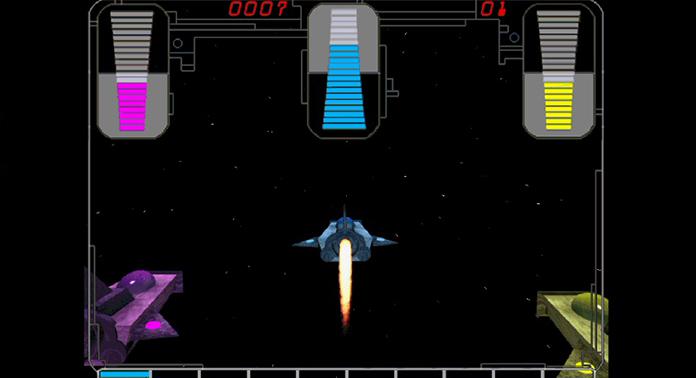A study led by a London-based doctor shows that “brain training” can help patients with post-traumatic stress disorder (PTSD) restore brain activity patterns and reduce symptoms of hyperarousal.

The technique, also called neurofeedback, allows patients to exercise their brain activity through a feedback loop. A brain-computer interface records signals through sensors on the scalp, and those results are displayed on a screen so users can do training exercises similar to a gym workout.
The study — in collaboration with the University of Geneva — was spearheaded by Dr. Ruth Lanius of the Lawson Health Research Institute. According to a press release, the technique holds promise as a potential treatment that restores brain activity to a more balanced order, and reduces hyperarousal.
READ MORE: Does ‘brain training’ prevent the onset of Alzheimer’s?
“Patients reported reducing the dominant brain wave by concentrating their attention towards the visuals on screen,” said Lanius.
That screen featured a spaceship on a starry background; a 30-minute game where patients were able to move the spaceship forward by reducing the intensity of their brain’s dominant wave, the alpha rhythm.
“This is consistent with prior research that suggests the alpha rhythm is reduced with increased processing of attention.”
According to the release, researchers were surprised to see there were lasting changes after the reduction in alpha rhythm. After the first reduction, the rhythm would increase to levels found in healthy people. Patients also experienced less hyperarousal — which is the leading symptom of PTSD, and is associated with defensive responses to stress or triggers.
- Ontario doctors offer solutions to help address shortage of family physicians
- Capital gains changes are ‘really fair,’ Freeland says, as doctors cry foul
- ‘Dangerous message’: Experts slam anti-sunscreen claims circulating online
- ‘Trying not to die’: Tourism operators loaded with debt despite rising demand
READ MORE: Can playing Tetris help slow the onset of PTSD? Researchers think it might
“This is very significant. Neurofeedback may give patients the power to restore their patterns of brain activity and improve symptoms of psychiatric illness… This means that existing mechanisms of the human brain may be harnessed for therapy, providing an alternative to pharmaceutical and brain stimulation therapies.”
Dr. Lanius is continuing the research with a larger group of patients with PTSD, who will complete multiple brain-training sessions to see if positive effects can last long-term.
Her study, “Neurofeedback tunes scale-free dynamics in spontaneous brain activity,” was published in the journal Cerebral Cortex.








Comments